Hip-hop 'can help people with mental health issues'
- Published
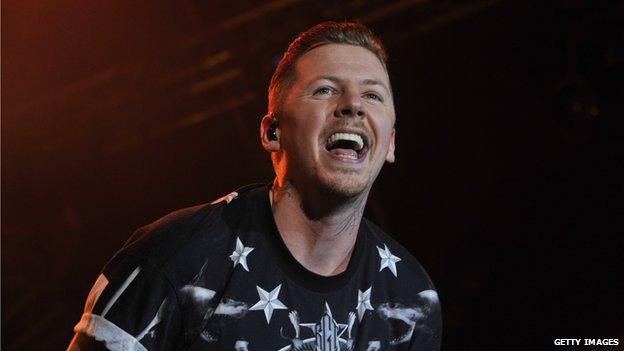
Think hip-hop and you might think sex, swagger and swearing.
But it's not all about models, fast cars and cash.
Two scientists in the UK are using rap lyrics to treat depression, addiction and bi-polar disorder.
"Hip Hop Psych is opening up a new culture which branches across medicine and hip-hop with amazing responses," neuroscientist Dr Becky Inkster from Cambridge University tells Newsbeat.
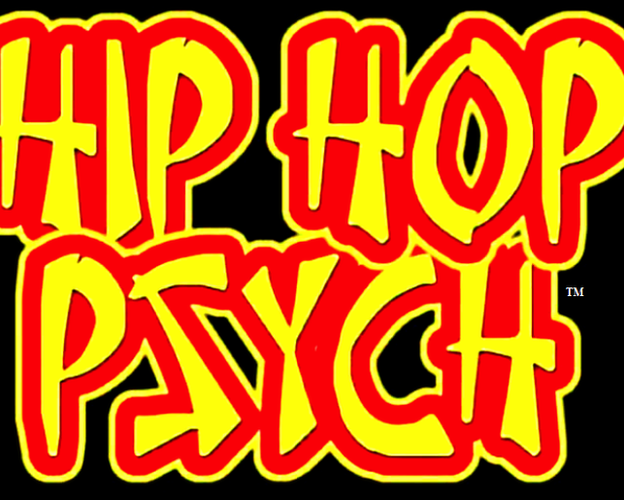
"I've always been a huge fan of hip-hop, I didn't even live in a community where it was popular.
"My first album was Basement Flavor featuring MC Lyte."
She's a big fan and so's her colleague.
"I've been listening to hip-hop since its inception," says consultant psychiatrist Dr Akeem Sule, who usually works at South Essex Partnership NHS Trust but is also a tutor and honorary visiting research associate at Cambridge University's department of psychiatry.
"I wanted to be a rapper, but my parents wanted me to do psychiatry. I'm from Nigeria. You did what your parents said."
He says academics often "jump on the bandwagon" but don't understand the culture.
Together they're using hits from the likes of J Cole and Professor Green to get people with mental health problems to open up.
J Cole's been part of online magazine Soul Culture's mental health campaign #OKNotToBeOK.
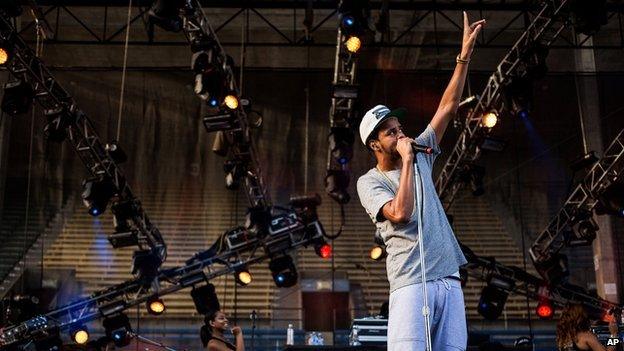
"When you listen to the album you'll notice how it flows from darkness to light, from hell to heaven, depression to happiness," J Cole said ahead of the release of his second album Born Sinner in June 2013.
"It literally was a way out… I'm writing my way out of a negative place, a darker place."
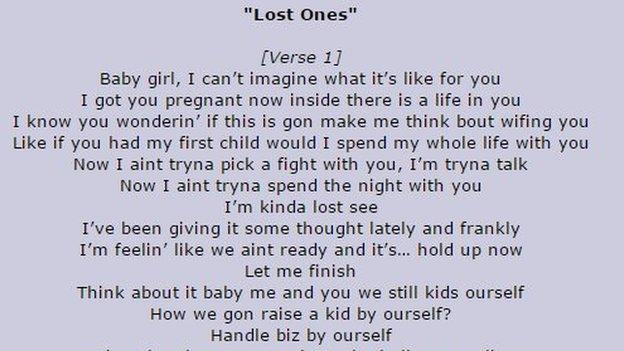
At their Hip Hop Psych events, which they run separately from the university, they also refer to Lullaby by Professor Green.
He fronted Radio 1 documentary Suicide Survivors and opened up about his own experience of his dad taking his own life when the rapper was 24.
"Writing lyrics helps me get issues out of my head, where they get mumbled and jumbled," said Pro Green, whose real name is Stephen Manderson.
"When you put your thoughts on paper, it helps you get them out, so you have something to look at, and analyse."
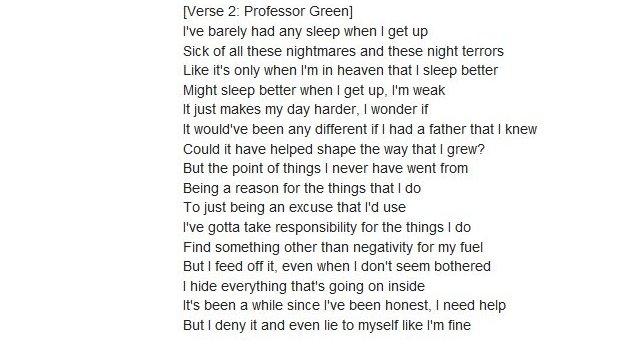
Just like the professionals, many young patients find it hard to explain what's going on with them.
"But if you ask them to rap. They can rap," says Dr Akeem.
"You find this rich narrative. They open up more."
It's already working for Ice, who's 26.
He went into hospital 12 years ago with mental health issues.
He's on medication for paranoid schizophrenia and has counselling, but it's rapping, he says, that really helps.
"It puts my mind at rest," he says. "One day people will like my music. I can be a role model to people going through trials and tribulations."
And 26-year-old Stickz told Newsbeat that four years ago he had a breakdown and ended up in hospital.
He was diagnosed as bi-polar and says rapping has definitely helped him find his confidence and find his personality again.
"Instead of speaking about things that I've gone through or having to explain, I rap about it," he says.
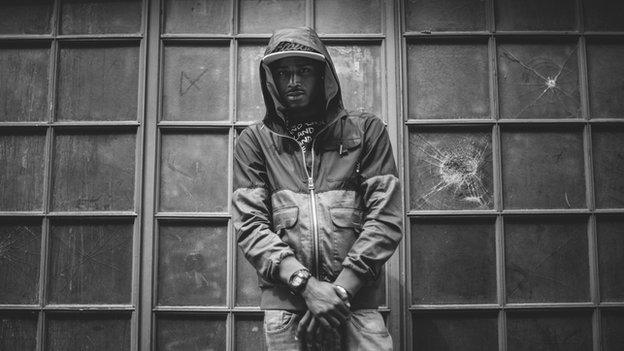
Ice and Stickz are part of Key Changes, a charity which uses hip-hop and other urban music styles to help young people in hospital and the community to express their thoughts and feelings through lyrics and music.
"We've used this as a passion and a vehicle to connect with young people," says Dr Inkster.
"It's hard to make contact with them and hard to transfer the knowledge but using hip-hop means they discuss things and they flow.
"For instance, we can be having a conversation about who's better - Nas, Biggie or Tupac - and that can really open up the conversation."
But she's quick to point out that it's not just for young people.
"A high ranked professor who doesn't like hip-hop saw what we do and he says he went home and talked to his son about Stan by Eminem. It changed the way he talked to his son and he connected with him."
Follow @BBCNewsbeat, external on Twitter and Radio1Newsbeat, external on YouTube